‘Your garage is not a landfill’: 11 things experts say to remove from yours right now
Storing these things in a garage could damage them, too, experts warn


Design expertise in your inbox – from inspiring decorating ideas and beautiful celebrity homes to practical gardening advice and shopping round-ups.
You are now subscribed
Your newsletter sign-up was successful
Want to add more newsletters?

Twice a week
Homes&Gardens
The ultimate interior design resource from the world's leading experts - discover inspiring decorating ideas, color scheming know-how, garden inspiration and shopping expertise.

Once a week
In The Loop from Next In Design
Members of the Next in Design Circle will receive In the Loop, our weekly email filled with trade news, names to know and spotlight moments. Together we’re building a brighter design future.

Twice a week
Cucina
Whether you’re passionate about hosting exquisite dinners, experimenting with culinary trends, or perfecting your kitchen's design with timeless elegance and innovative functionality, this newsletter is here to inspire
Garages offer excellent storage – not only are they tucked out of the way, but more often than not the aesthetics of the space are not as important as optimizing storage.
But experts say that there are plenty of things you should reconsider storing in your garage. But why? And where should they go instead?
It can be difficult organizing a garage as they can easily overwhelm homeowners, shares Juliana Meidl, professional home organizer and founder of Serenity at Home. This results in an abundance of incorrectly stored goods. ‘They are the ultimate catch-all space in a home,’ she says, ‘which can often become overrun with stuff.’
Things to get rid of from your garage
Here, decluttering experts share the things you should get rid of from your garage right now, both to make space, and protect your belongings from damage.
Not all home organizing ideas are alike, these 11 things should never be stored in your garage if you want them to stand the test of time.
1. Flammable items
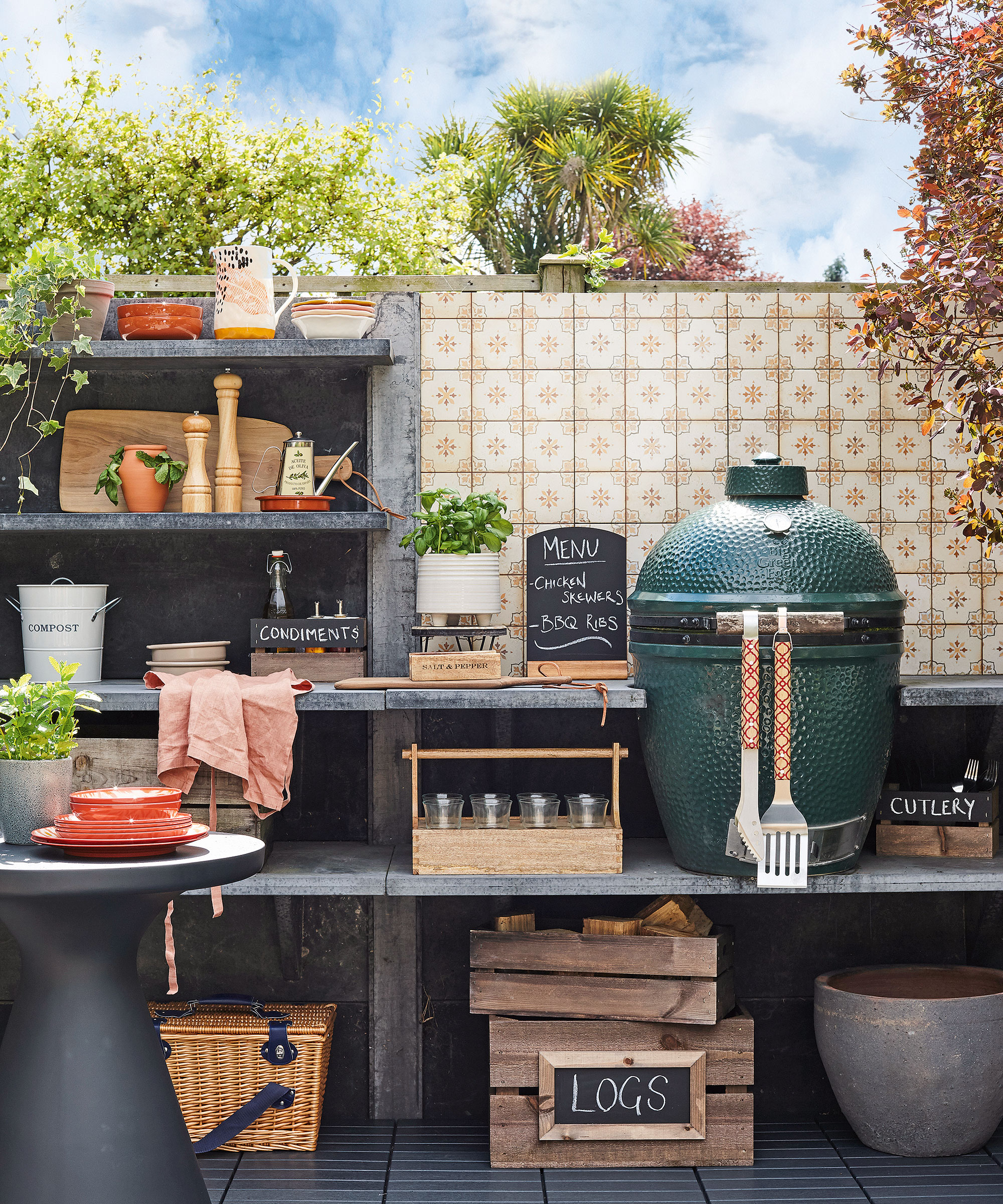
While it may make sense to store maintenance supplies like flammable liquids close to your workbench or car, they can cause a serious fire hazard when kept in enclosed spaces, shares Will Copp, construction expert and owner of Knox Concrete Contractors.
‘Gasoline, kerosene, and other flammable liquids should never be stored in your garage due to the risk of fire. If you have any of these liquids, make sure they're properly disposed of or stored in a safe place outside of your garage, such as backyard storage.’
Design expertise in your inbox – from inspiring decorating ideas and beautiful celebrity homes to practical gardening advice and shopping round-ups.
It is not just liquids that you have to be concerned about, however, as Nancy Traylor, expert organizer warns us. ‘Propane tanks are common in many households but should never be stored in a closed space as they can be a fire hazard. Storing them outdoors in a well-ventilated area is best,’ she concurs.

Nancy Traylor founded her organizing business on the basis that you don't have to be a dedicated neat freak to have an organized home. She aims to help clients feel happier and less stressed through the power of tidy.
2. Anything made of paper
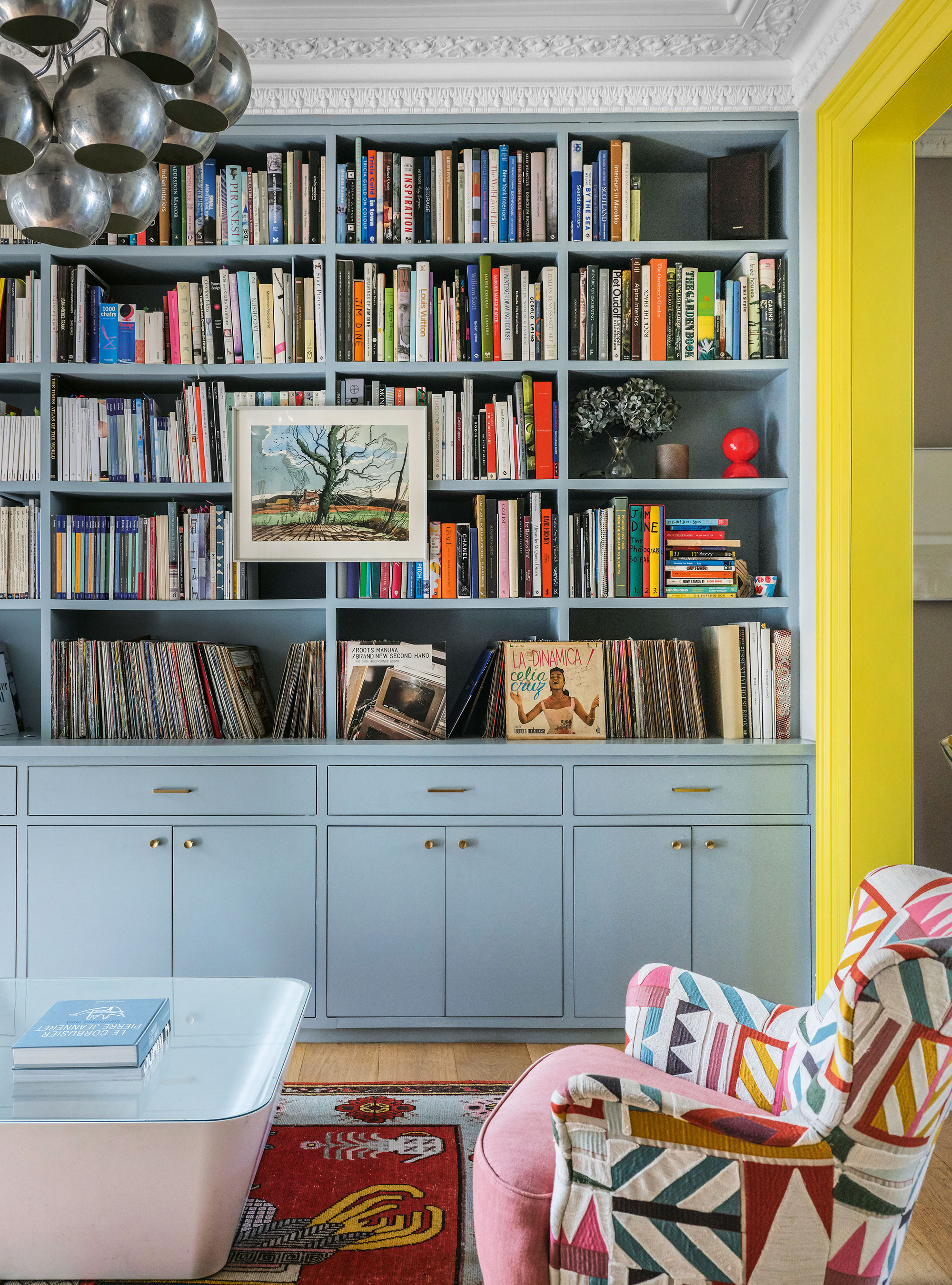
Garages are more susceptible to moisture fluctuations than you may think, meaning anything made of delicate materials such as paper is better off in your home office storage instead, explains Juliana Meidl, professional organizer.
‘The conditions of the garage can cause mildew to build up on paper products such as paperwork and pictures and light can cause them to fade. We always move these into the house.
‘We also move books out of the garage,’ she continues. ‘Like pictures, the weather conditions in the garage can cause damage to books. If we find any important documents or papers in the garage we also move those into the house.’
3. Clothing or bedding
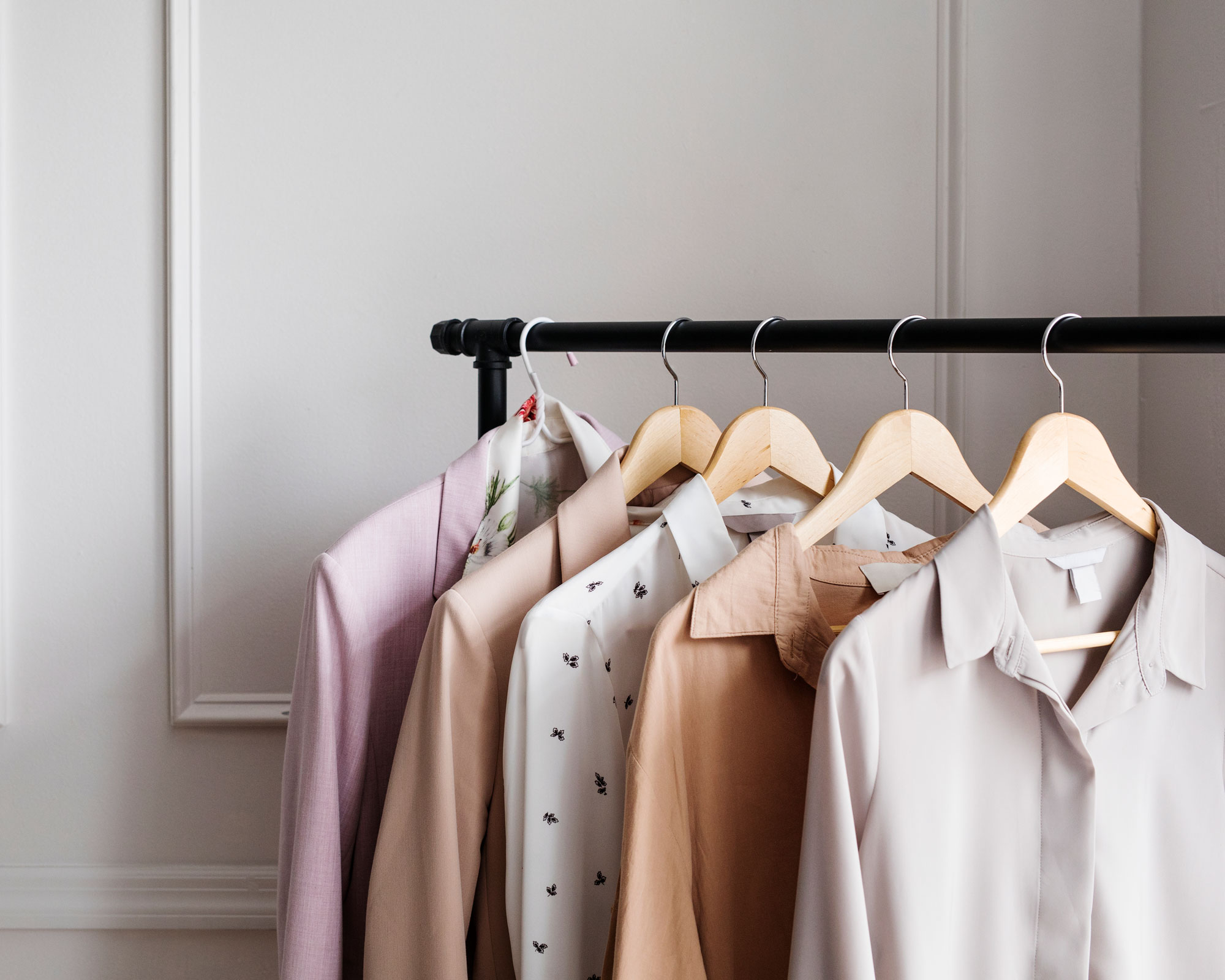
If paper is susceptible to mold and mildew, then it's no surprise that fabrics are too. Clothing and bedding, even old sets that you no longer wear or use, should never be stored in a garage – even in plastic tubs or on garage shelving, says Nancy Traylor, expert organizer.
‘The climate conditions mean they are susceptible to degradation. What’s more, there is a high potential for bugs to infiltrate and cause irreparable damage.
‘Whether out of season or waiting to be handed down, clothes should be stored inside where they are less likely to be in a damp environment,’ agrees Jackie Pittman, a professional organizer at Chez Nous Organizing. ‘Even some fully sealed plastic bins won't save the clothes from moth or rodent damage!’
Instead, we suggest bedding and clothing storage ideas made for purpose, such as sealed vacuum bags from Amazon which can be kept in either under-bed storage boxes, or an organized linen closet.

Jackie Pittman is the owner of Chez Nouz organizing, having started her business after making multiple cross county moves and becoming familiar with the process of cutting back belongings and organizing the essentials of everyday life.
4. Food – including pet food
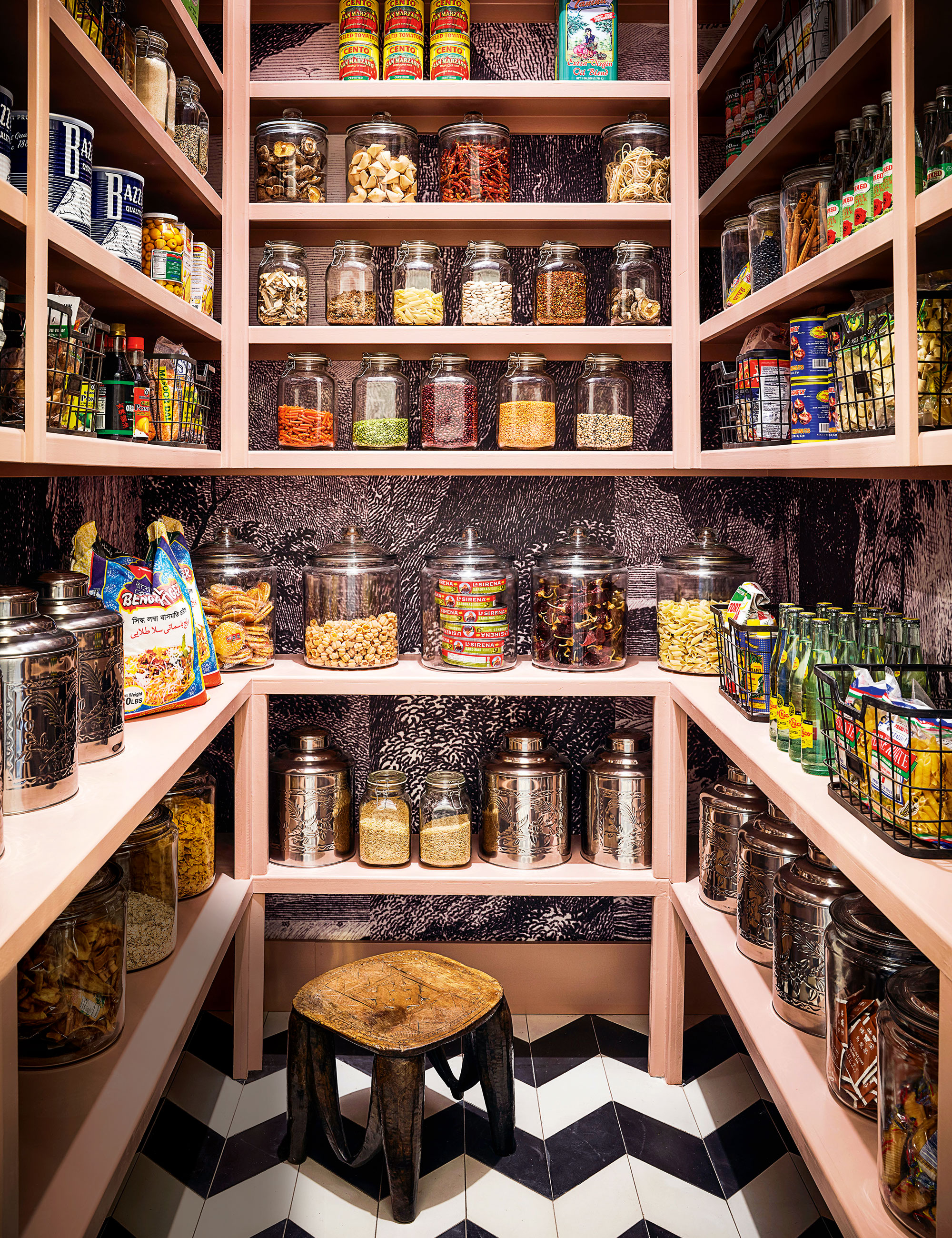
Although a common food storage trick to extend the life of your groceries is to keep them in cooler conditions, the fluctuating temperatures of a garage mean it is less than ideal for storing food. This even includes keeping an extra refrigerator in your garage according to Nancy Traylor, a professional organizer.
‘Even storing canned foods in the garage is not a good idea,’ she explains. 'Fluctuating temperatures in the garage can cause tin cans to rust as well as the food inside the can to spoil.’
Pet food can degrade in changing temperatures and moisture too, decreasing its quality as well as acting as a magnet for pests.
5. Paint
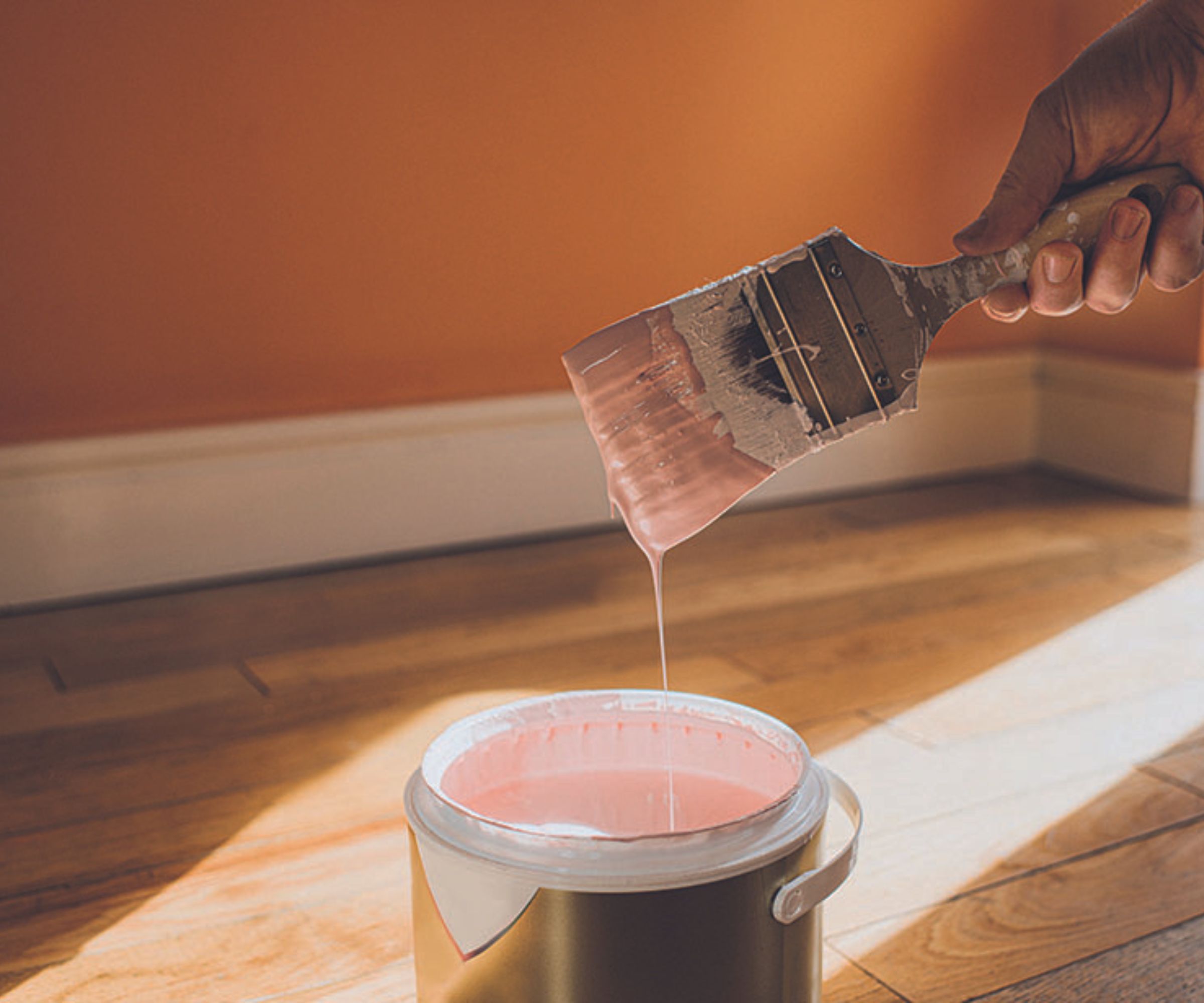
Also commonly kept in shed storage, paint is a tricky item to find a place for when organizing a home. Although it might make sense to keep a can of paint in a working area like a garage, cold temperatures can decrease the quality and render it useless for decorating a home.
‘Paint cans can also leak and cause damage to your belongings or even create health hazards,’ adds Will Copp, construction expert. ‘If you must keep paint in your garage, make sure it's properly sealed and stored away from any other items.’
6. Old, empty boxes
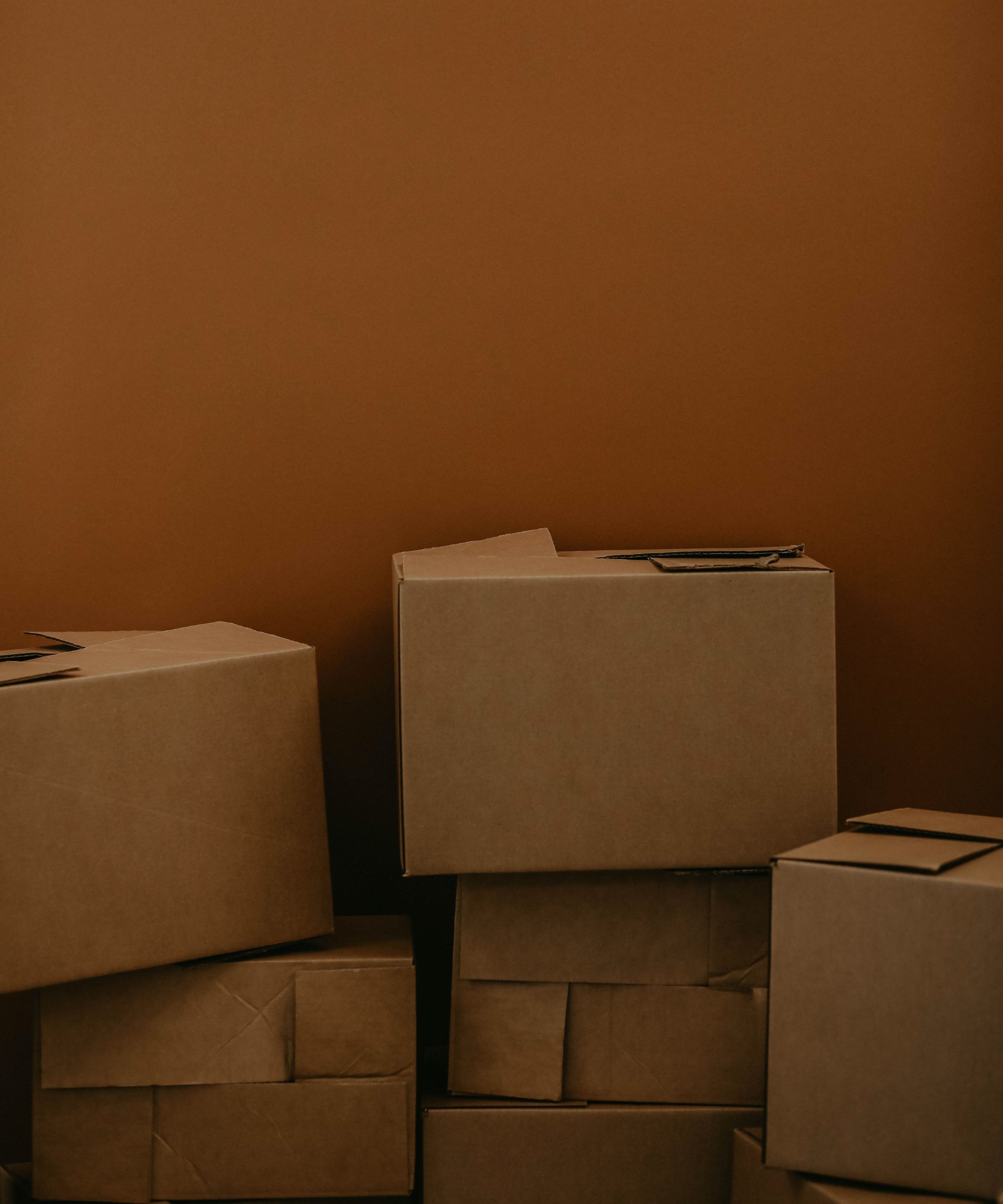
Oftentimes, if you find yourself decluttering when overwhelmed, it is because you have too much stuff. A common cause of this is the ‘keep just in case’ category – a selection of items you never use and have no planned use for that build up and clutter up your garage over time. One of the most common offenders? Old cardboard boxes, reveals Lisa Pinder, professional organizer and founder of The Simplified Home.
‘People will store old Amazon boxes or electronic boxes just in case they need them someday. If there are no plans to move, there isn't a reason to store empty boxes and take up valuable space in the garage. You also don't want pests to make a home in them – Amazon will probably deliver a new box the next day if you do end up needing one.’

Lisa Pinder is a professional organizer and founder of This Simplified Home. A reformed packrat, Lisa changed her ways after meeting her neat freak husband who now focuses on helping clients with their bad hoarding habits.
7. Electronics – including appliances
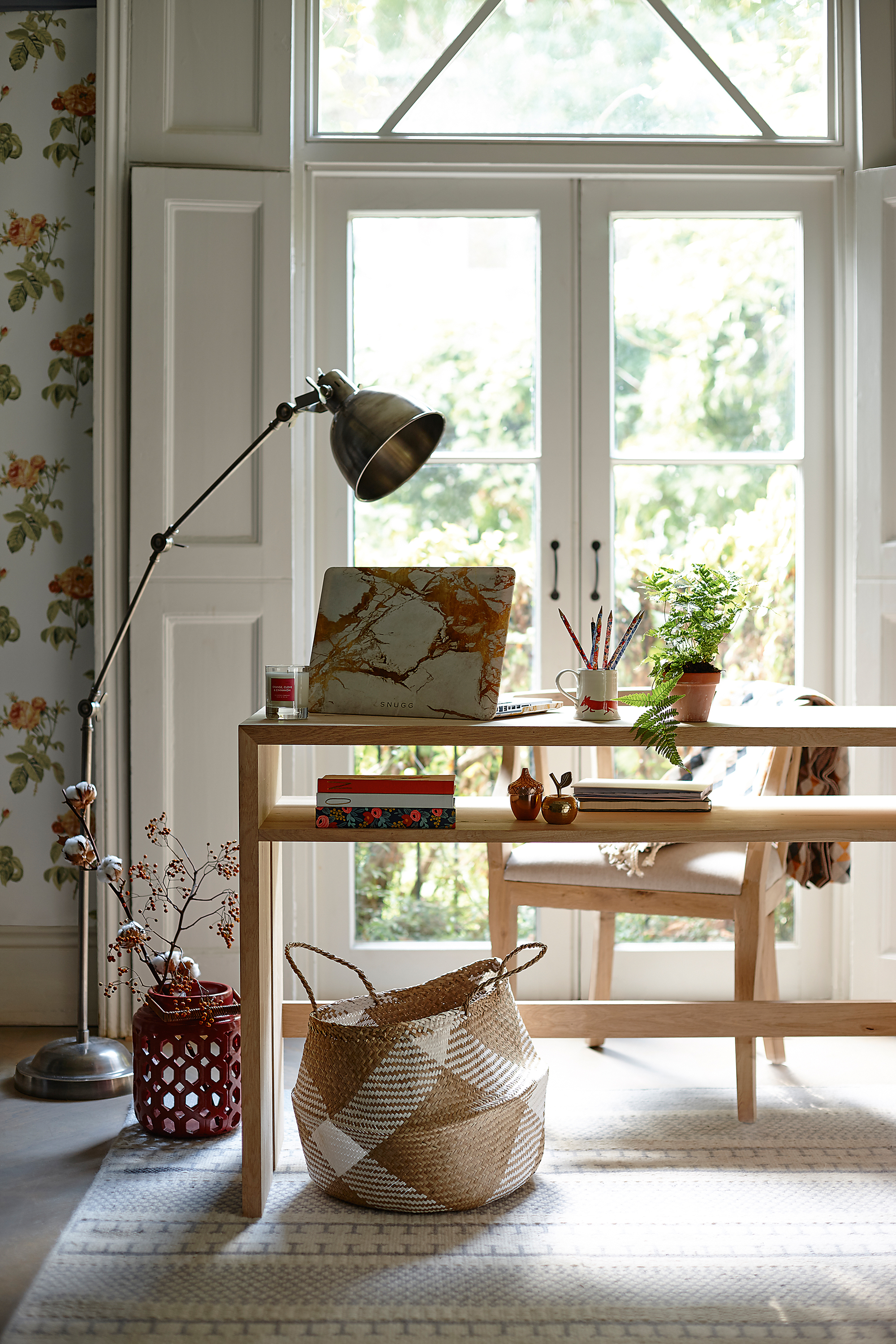
Whether you are trying to organize cables, find a place for old electronics you don’t want to part with or make space for an extra appliance or two for a busy household, experts advise keeping them away from the garage. An extra refrigerator, for example, is one of the most important things to get rid of from your garage, Lisa Pinder, professional organizer and founder of The Simplified Home shares – even if it is nice to have a spare.
‘Extreme heat or cold isn't good for a refrigerator. If you must have an extra refrigerator, get a garage-ready fridge made to stand up to extreme temperature swings,’ she suggests.
Old devices such as laptops, phones, and cameras can also overheat and have electrical shortages. ‘Batteries should only be stored in relatively cool, dry places, too,’ warns Britnee Tanner, a home organizer. ‘You want to avoid extremes in temperature with these so that they last, don’t pose a dangerous fire hazard, and avoid corrosion.’
8. Anything that needs repairs
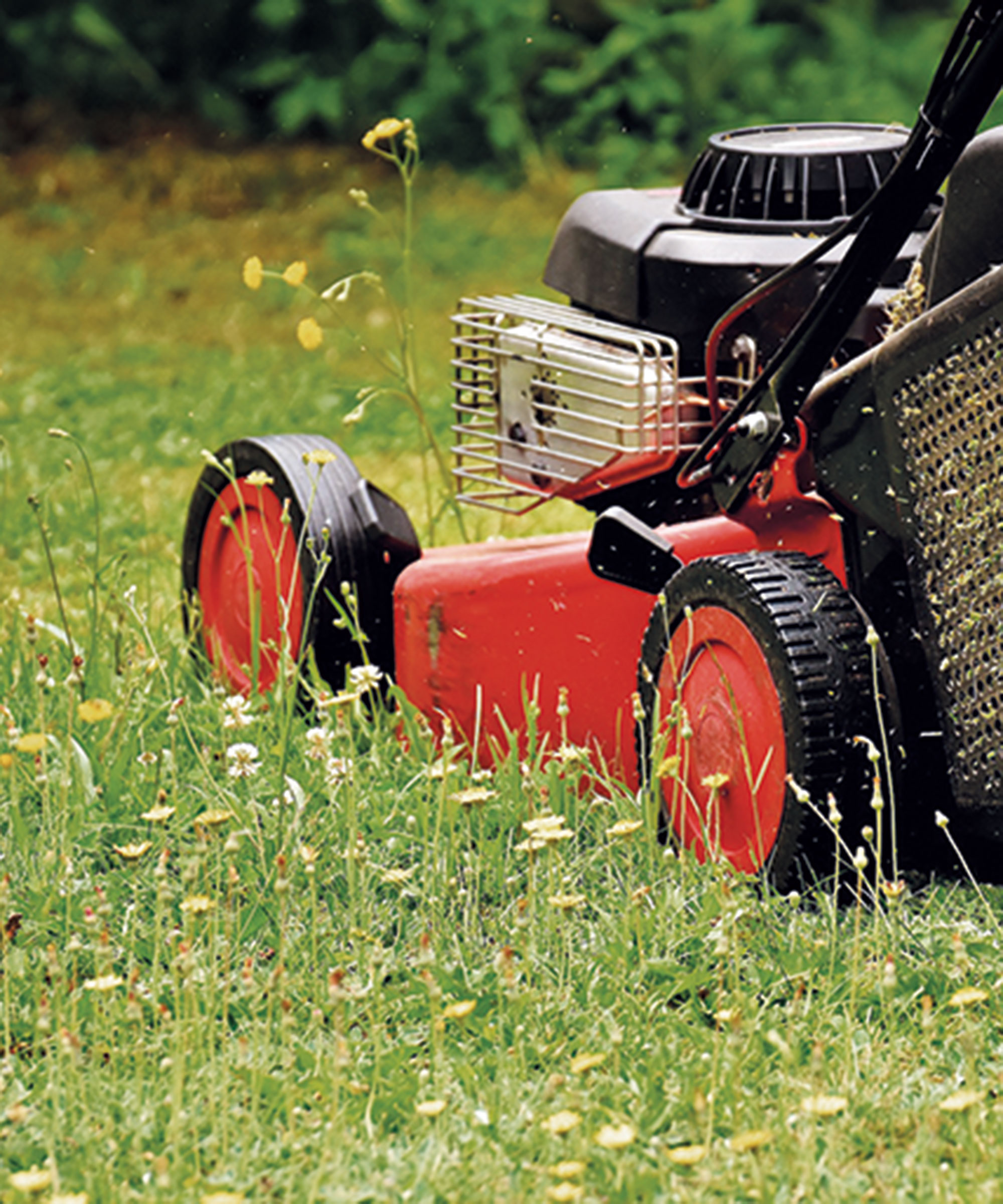
A common-sense decluttering tip is to remove anything that is broken from your garage that is simply taking up space – especially if you do not have the skills or time to fix them yourself. This could be anything from an old, bulky lawnmower to a defunct tennis racket, suggests professional organizer Lisa Pinder.
‘I always see people holding onto things with the intention to fix them someday. Often that "someday" will never come, and these items take up space. Your garage is not a landfill, don't treat it as such.’
9. Firewood
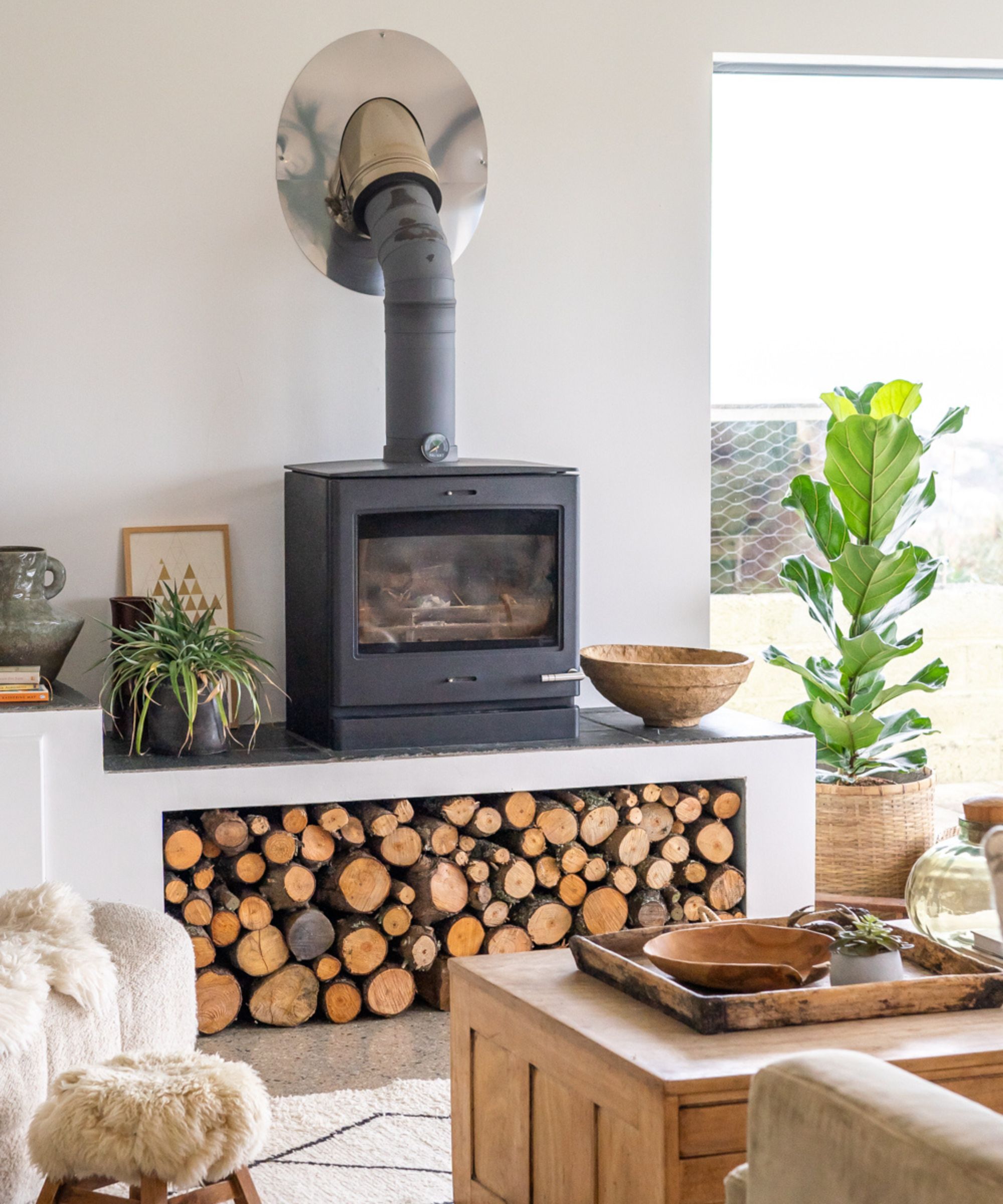
If you have a log-burning stove, then a garage may be a convenient place to keep your firewood dry – especially if it is connected to your home for easy access. However, any log pile is a five-star hotel for bugs, meaning they are better off outside in sheds, advises Nancy Traylor, expert organizer. ‘Instead, find a place outside that is still convenient and cover the firewood with a tarp.’
However, firewood is one of the items to never store on your porch as it runs a risk of termites and other pest infestations.
10. Toys
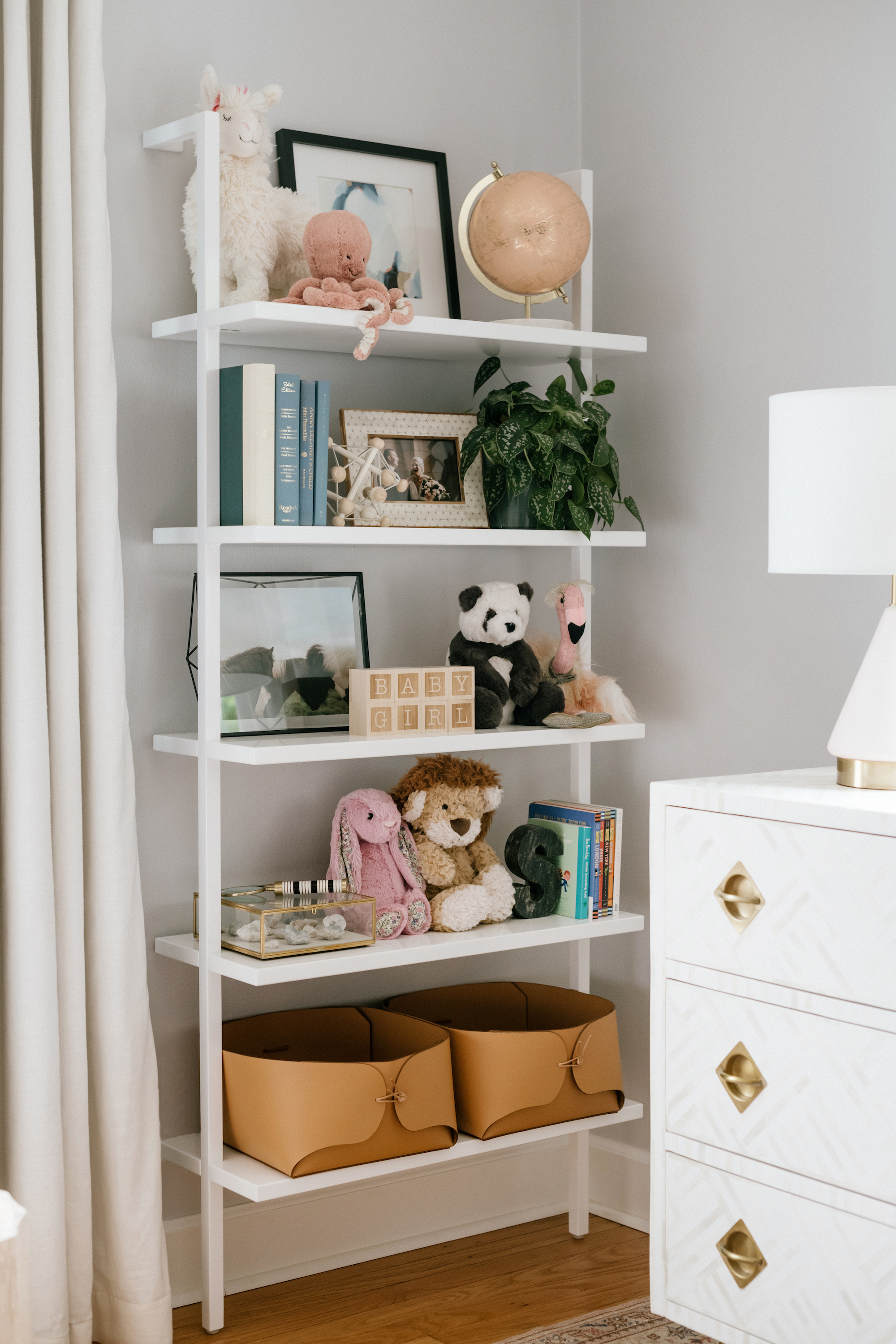
There comes a time in most households with children that toys and games begin to outgrow toy storage and even playroom storage, but that doesn't mean old toys and excess games should flow over into the garage. ‘Dirt, and dust gravitate towards toys, says Elizabeth Lulu Miranda, a professional organizer at Mercury Organizing, ‘and depending on how long they sit there, the plastics could get dry and brittle, making them crack, and soft toys can develop mold.’
‘If you are running out of room to put your things, perhaps it’s time to do some decluttering,’ Nancy Traylor suggests. ‘As with anything we keep stored in our home, I always advise people to challenge themselves if they really need to keep the item or if it could be used and enjoyed by someone else instead of sitting in storage.’

Elizabeth Lulu Miranda is the heart of Mercury Organizing. She is an innovative and resourceful organizer who loves to help people create a better way for themselves. Elizabeth’s passion for organization and efficiency started as a child. Her mother would find her in the kitchen, rearranging the silverware and utensil drawers.
11. Cleaning supplies
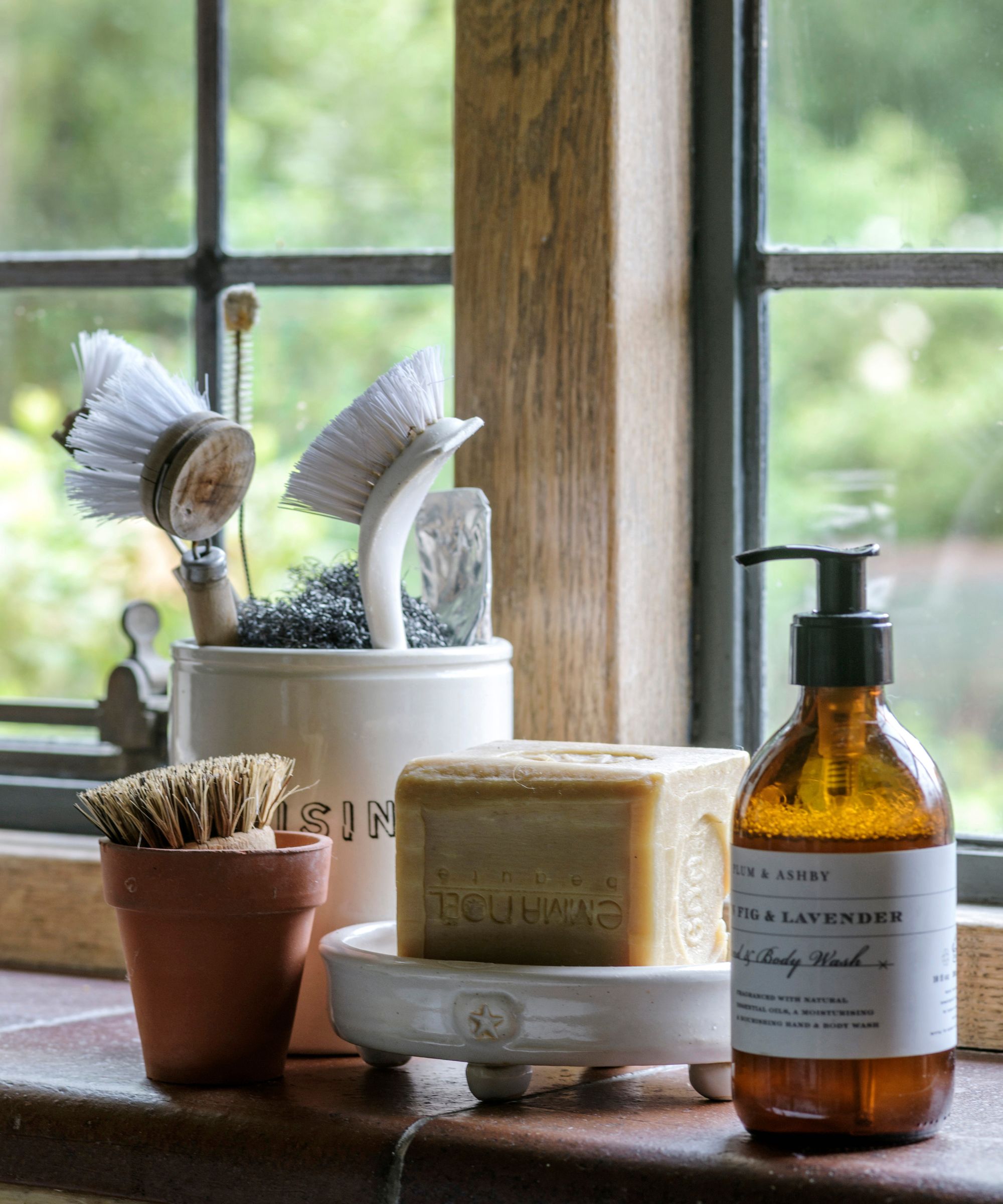
‘Cleaning supplies shouldn’t be stored in the garage,’ begins Chi Ip, owner of Tidy Here Cleaning Service in Boston. ‘A garage is a place prone to temperature changes and there are cleaning supplies that are sensitive to heat and moisture – this also means they are often on the list of things not to store under the kitchen sink, too.
‘Instead, store them in a cool, dry place away from children and pets. The laundry room or a designated closet are a few places where you can safely keep them,’ Chi suggests.
FAQs
How do I organize my garage full of junk?
The first step to organizing a garage full of junk is to declutter. Start one area or shelf at a time and take everything out and lay it on the floor, only putting things you absolutely need back on the shelf before deciding what else can stay and what needs to either go in the trash or be given away. Once the floor is clear, move on to the next area.
Consider having a garage sale to allow your friends, family, and neighbors to have first picks of any items that are still in good condition.
What should I throw away in my garage?
When decluttering, there are some things that should be disposed of straight away to help make space and make deciding what else to keep easier. Things such as old, expired paint, old or broken sports equipment, old cardboard boxes, anything that has gone moldy, and anything that has gone rusty beyond repair, such as tools.
Avoiding treating your garage as a catch-all for home storage is the best way of preventing an overstuffed storage unit and a fully functional space. While it can be hard to relocate items you traditionally associate with a workspace such as a garage, experts prove that it is essential to ensure your belongings last and you do not waste your money.

Chiana is Homes & Gardens’ kitchen appliances editor. With a lifelong passion for cooking and baking, she grew up experimenting in the kitchen every weekend with her baking-extraordinaire Mom, and has developed a great understanding of how tools and appliances can make or break your ideal relaxing kitchen routine.